You Will Need:
- 50mL Vegetable oil
- 50mL Glycerol or Glucose syrup
- 50mL Water, coloured with food colouring.
- Shaving cream
- Clear Plastic container
- Beads, marbles and foam
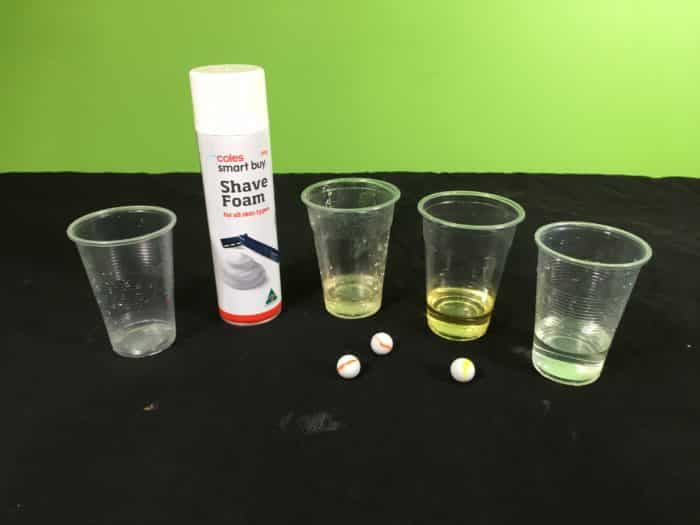
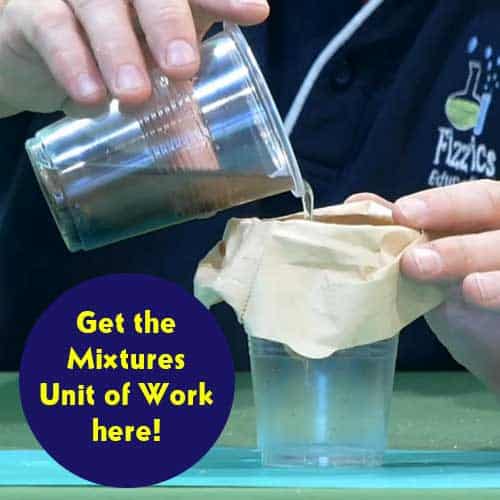
Get the Unit of Work on Mixtures here!
- How can we separate mixtures?
- What are the different techniques?
- From chromatography to magnetism, join us to explore the variety of ways we can separate mixtures!
Includes cross-curricular teaching ideas, student quizzes, a sample marking rubric, scope & sequences & more
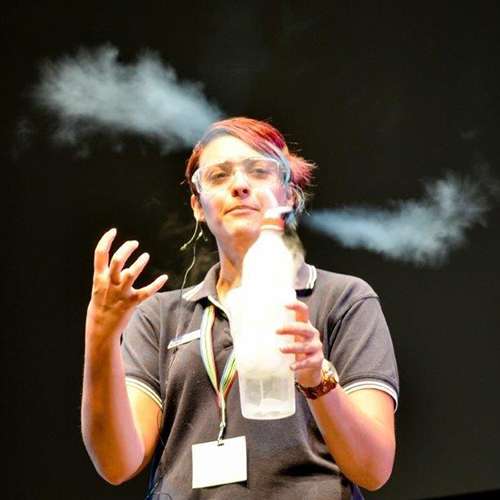
School science visits since 2004!
– Curriculum-linked & award-winning incursions.
– Over 40 primary & high school programs to choose from.
– Designed by experienced educators.
– Over 2 million students reached.
– Face to face incursions & online programs available.
– Early learning centre visits too!
Why Does This Happen:
Each liquid has a different density, meaning that although the volume is the same, the mass of each liquid is different.
Density = Mass / Volume.
The higher the density, the more compact the substance is, e.g. Iron is denser than water.
- The corn syrup is much denser than water, so the water floats above it.
- The water is more than the oil but less dense than the corn syrup, so it floats in between the oil and corn syrup.
- Finally, the shaving is the least dense of all the materials… so it sits above the three liquids.
Actual densities
Corn Syrup = 1.37g/ml
Water = 1.00g/ml
Oil = 0.91g/ml
Shaving cream = approximately 0.80g/ml
Questions to ask students:
- Is the vegetable oil more or less dense than the water?
- Why do some objects sink and others float?
Weird Fact: The planet Saturn is less dense than water. A big enough ocean could make it float!
Solid water (ice) floats because it is less dense than water as a liquid. Very unusual for a chemical.
Variables to test
- Try adding different liquids to produce an even great array of stacked colours.
- What happens if you add sugar or salt to the solution?
- What happens if you add cold vs. warm liquids into the mix?
- What happens if you shine a spotlight at the side of the density column?
From colour changes to slimy science, we’ve got your kitchen chemistry covered!
Get in touch with FizzicsEd to find out how we can work with your class.
Chemistry Show
Years 3 to 6
Maximum 60 students
Science Show (NSW & VIC)
60 minutes
Online Class Available
STEM Full Day Accelerator - Primary
Designed from real classroom experiences, this modular day helps you create consistently effective science learning that directly address the new curriculum with easily accessible and cost-effective materials.
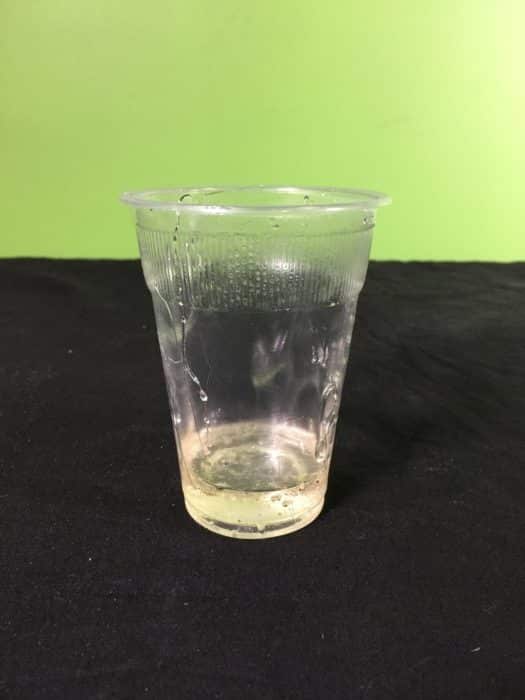
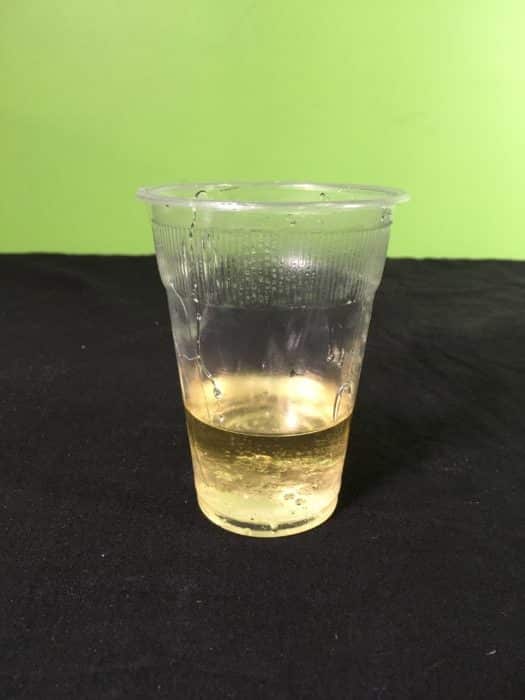
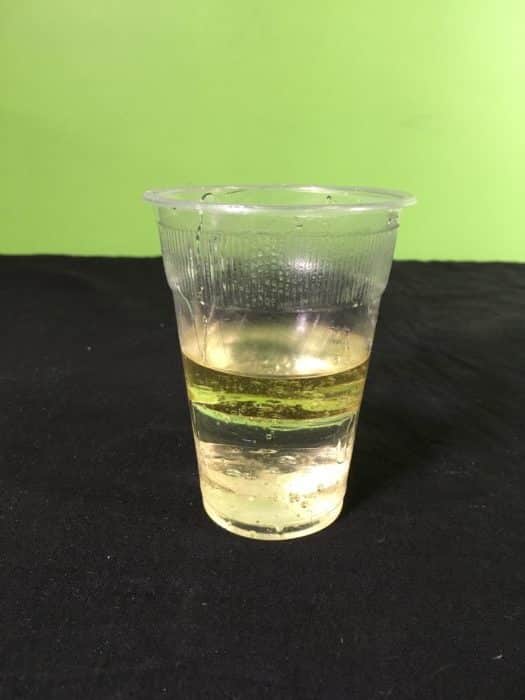
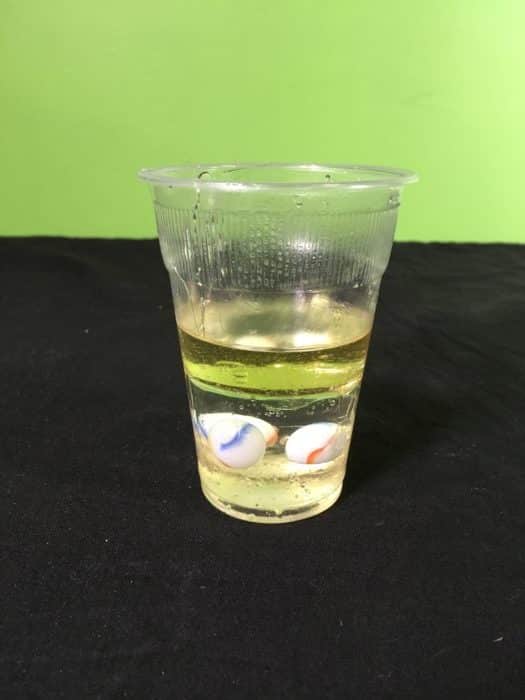
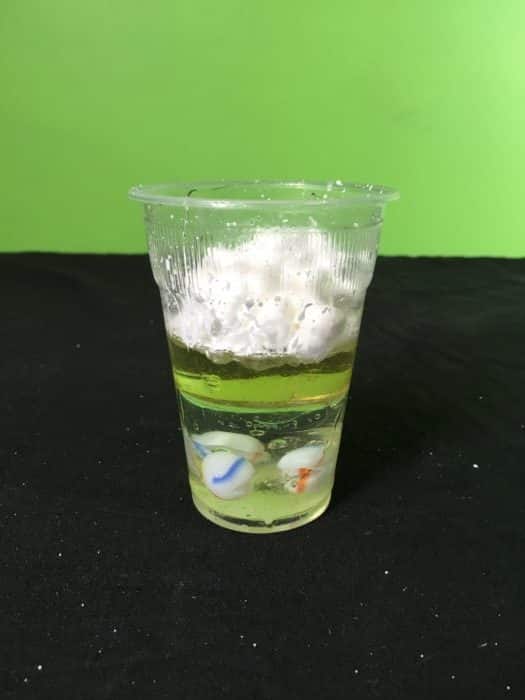
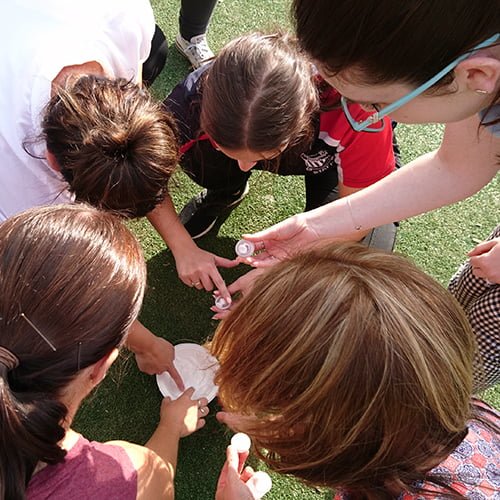


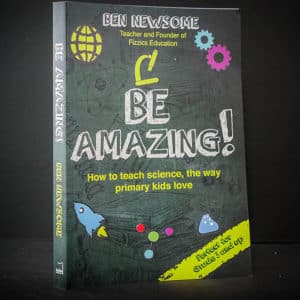






















Comments